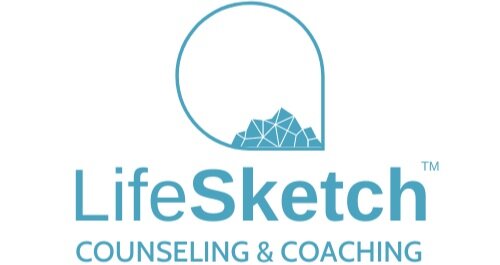6 Alternatives for When You Aren’t Ready for Therapy
There are some people who are just not ready to go to therapy and may never be. That does not mean we should give up on them! There are many alternatives to therapy that, while different, can also have positive effects. Some are fairly similar to therapy while others are quite far removed, but all may help someone take the first few steps toward healing and growth.
Life Coaching is an option that can be very similar to therapy depending on the provider. Consider looking for therapists who also offer life coaching to find someone who has the education and experience to offer coaching in the midst of emotional or psychological difficulties. Life coaching is forward-looking and action-oriented and can work for people who are not ready to deal with their past. Life coaching can also have a more specific focus such as life planning, career development or social success.
Mentorship can accomplish many of the same goals as counseling. Mentors can be trusted older people who are willing to walk alongside, encourage and support someone in need. Mentors can also be a part of official organizations who are dedicated to supporting youth, addicts or other groups of people. Consider seeing if there is a group that offers mentorship that would be a good fit for you!
Family therapy or group therapy is somewhat different from individual therapy. Sometimes, not being the only person in the room is enough to overcome some of the resistance. Group therapy can be especially valuable if the resistant person feels that no one else could understand the situation they are in.
Talking with someone who can help you sort through difficult situations is a powerful tool, but there are other ways to pursue healing.
A team or club can provide a safe environment to make new connections and engage in peer support. Often the focus of overcoming a challenge together draws people into close relationships and reminds people that others have their back.
Medication can be life-changing for some people, offering the regulation or balance their brain might otherwise struggle to achieve. While the research is clear that medication is most effective for treating psychological conditions when it is paired with talk therapy, it can be helpful on its own as well.
Getting healthy, both mentally and physically, has been shown in study after study to have a beneficial effect on social and emotional functioning. Meditation, a well-rounded diet, yoga, exercise, and good sleep are great options to pursue if you want to improve mental health.
Check out our other blogs on helping someone who is resistant to therapy!
About the Author
Caleb Elder, MA, LPC
Therapist at LifeSketch
Therapist | Career Counselor
Caleb has helped many teens and young adults overcome obstacles and deal with problems in their lives. Many clients that Caleb sees start out being less than interested in therapy, but end up sticking around after they experience how transformative therapy can be.







